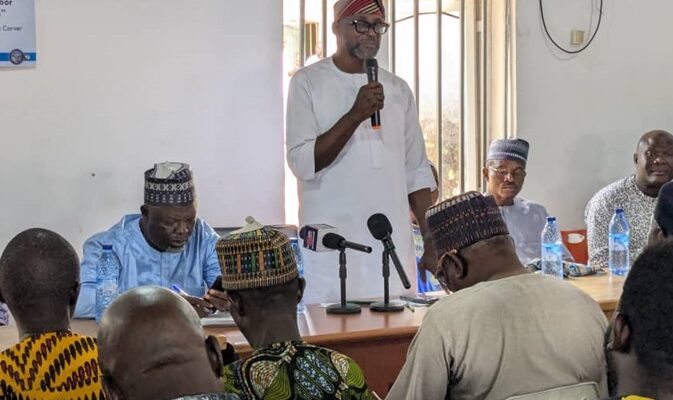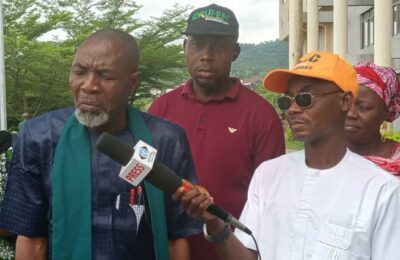When the Honourable Commissioner for Education in Kogi State announced the ban on compulsory customised textbooks and notebooks in schools, parents across the state heaved a sigh of relief. For years, guardians had been compelled to buy learning materials at inflated prices directly from schools. This directive, allowing parents to purchase textbooks at prevailing market rates, is a welcome development.
But let’s be clear: this reform, though important, is only a scratch on the surface of the crisis in Kogi’s education sector. The deeper issue is that too many of our schools—and technical colleges in particular—are in states of shocking disrepair.
Schools on the Brink
Across Kogi, children study in conditions that would break any parent’s heart. At LGEA Primary School, Ogigiri in Ajaokuta, classrooms have leaking roofs, cracked walls, and broken floors. In Okene Secondary School, a historic institution founded in 1944, abandoned blocks stand as a testament to neglect. At Ajaokuta Village, pupils sit in “death trap” classrooms without ceilings or furniture, while in Emagaba, Ogugu, a windstorm destroyed large portions of the local grammar school, leaving it unusable.
A survey by the Academic Staff Union of Secondary Schools (ASUSS) revealed that over 90 percent of schools in Kogi lack adequate infrastructure, functional laboratories, or libraries. This is not just neglect; it is an emergency.
The Forgotten Technical Colleges
The story is no better in Kogi’s technical colleges, which should be engines of skills development for the state. Oboroke Technical College in Okehi, for instance, was once home to over 450 students. Today, barely a hundred remain, as the institution struggles with decay, teacher shortages, and abandoned facilities.
The other three colleges—Ankpa, Idah, and Mopa—face similar problems: dilapidated classrooms, non-functional workshops, obsolete or missing equipment, and dwindling enrollment.
Government officials have promised revamps, remodels, and even plans to build technical colleges in every Local Government Area. Yet the reality on the ground tells a different story: children still sit on broken desks, and practical skills remain a dream in colleges with no functional workshops.
Why Infrastructure Matters More Than Book Policies
Textbooks are vital, yes. But textbooks alone cannot inspire learning where the roof leaks on students, or where no laboratory exists to conduct experiments. Technical training cannot succeed with empty workshops. Education reform that ignores infrastructure is like a car without an engine—impressive on paper, but useless in motion.
A Call to Action
If the Honourable Commissioner truly seeks to transform education in Kogi, then policies must go beyond easing textbook costs. The state must:
Conduct a full audit of schools and technical colleges.
Prioritise urgent repairs to unsafe classrooms.
Equip technical colleges with modern workshops and tools.
Recruit and train qualified teachers.
Ensure NBTE accreditation for technical programs.
Work transparently, publishing where education funds are spent.
Conclusion
The ban on compulsory customised books is commendable, but it should not distract from the bigger picture. The real reform lies in rebuilding safe classrooms, reviving technical colleges, and restoring dignity to education in Kogi State.
Our children deserve not only affordable books, but also schools that do not collapse on them, and colleges that can truly prepare them for the future. Anything less is a betrayal of the next generation.
– Prince Emani Salami




